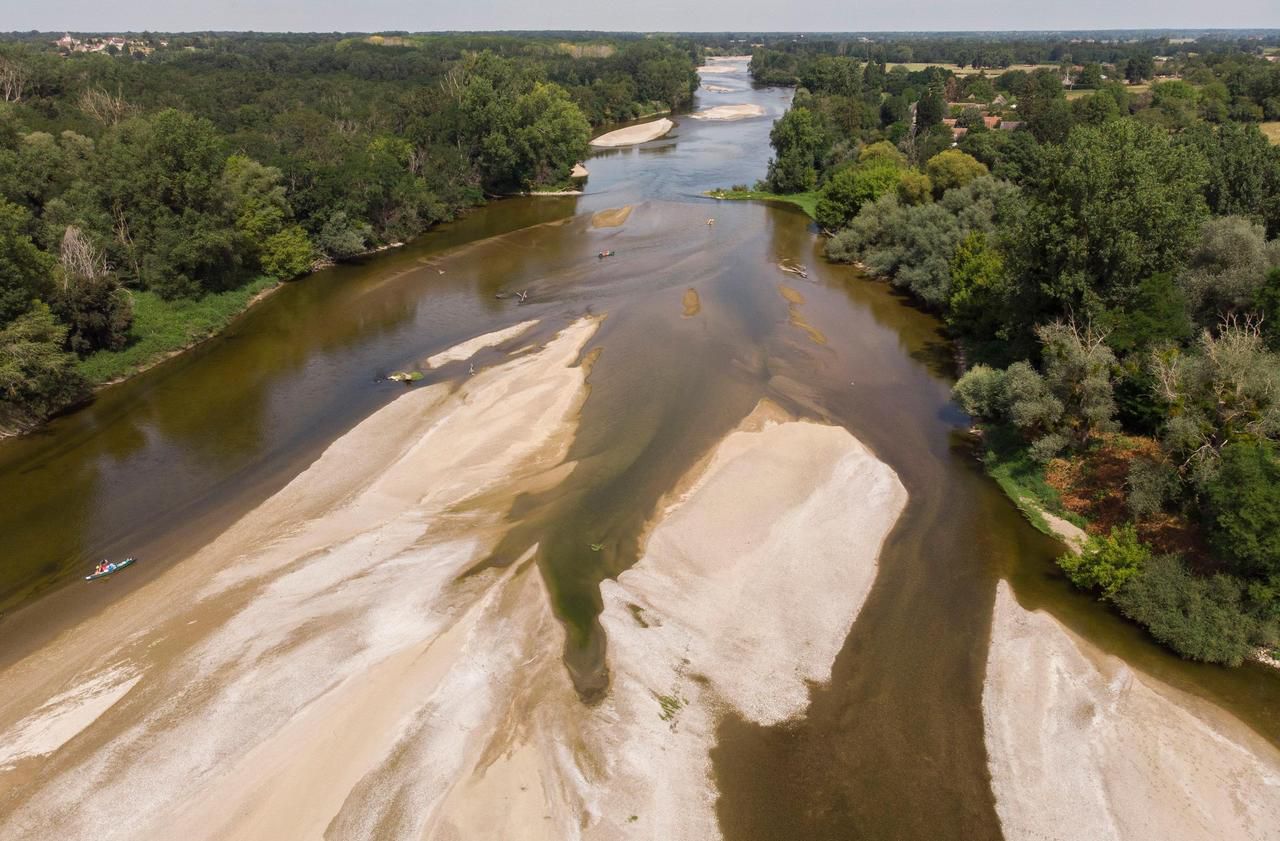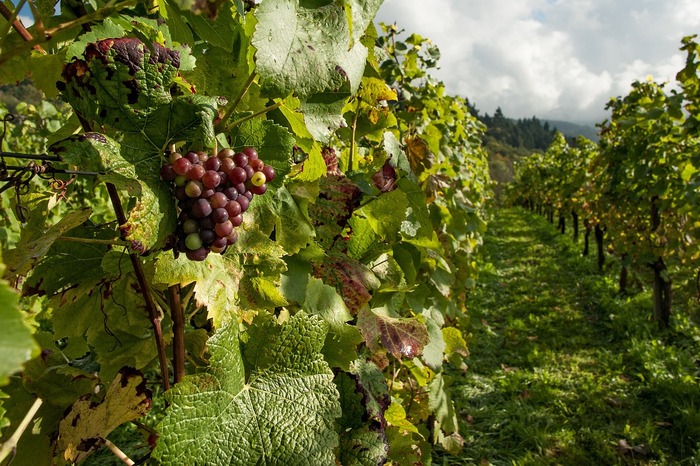When Michel Masson walks his 150 hectares of cereals located north of Loiret, his feet tread hard as stone, dehydrated fifty centimeters deep. "The ground is there in places so cracked that I can put my arm through the cracks," assures the farmer. Year after year, the drought gets worse and worse. "
After a month of July considered by Météo France as the driest in sixty years, the chances of seeing the rain fall are diminishing. A new heatwave episode began on Thursday in France. This sudden rise in temperatures has forced the evacuation of dozens of residents and tourists in the Mont Blanc massif, where a fragment of a Grandes Jorasses glacier threatens to collapse.
"There is a call for very hot air from North Africa which will last at least until the middle of next week", explains meteorologist Guillaume Séchet. The key: temperatures between 35 and 40 ° C. “It will be a major heat wave,” warns the specialist. As the specter of the 2003 heatwave looms, the consequences of this exceptional heat and dry weather are already being felt. Michel Masson thus had to give up planting rapeseed. “You might as well sow it on the road, the soils are so hard,” he sighs, also thinking of the impact of heat on animals.
"The cows just have to suck the stones"
"When it is over 25 ° C, the grass no longer grows and since everything has been roasted for a month, the cows only have to suck the stones in the fields", the farmer quipped. To date, no less than 130 water restriction orders have been issued in sixty-eight departments. "The superficial drought of the soils reached on August 2 the fifth rank of the lowest humidity rates in France behind the historic drought of 1976 and the droughts of 2003, 2015 and 1989", details Météo France forecaster Etienne Kapikian. Last month, the average precipitation in France painfully reached 16 mm. Far, very far from the previous record of July 1964 when 25 mm of water fell.
"Thanks to a very good water recharge this winter, most of the large water tables have strong backs but some are more sensitive to drought, especially those located in Berry and the Massif Central which drain very quickly when it does not rain. not ”, explains Violaine Bault, hydrogeologist at the Bureau of Geological and Mining Research (BRGM).
In some communes, where the rivers are dry, the fish no longer have enough water to survive. And certain towns which depend on rivers to supply their citizens with drinking water ask them to use it in small quantities.
"Learn to manage the shortage"
According to climatologists, we will unfortunately have to get used to these restrictions in the years to come. "We will have to learn to manage the water shortage because the episodes of drought in the summer soils will worsen, will be both more frequent and more intense because of climate change, explains climatologist Jean-Michel Soubeyroux. They will start earlier and end later. "
The meteorologist Guillaume Séchet is worried to see little by little "the pockets of fresh air shrinking like the skin of sorrow in France". "The disturbances circulate so much in the North that they affect us less and less and that France is transforming itself into a subtropical zone", explains the author of Météo Extrême (Ed. Hugo image) . Fearing that our country has entered a "phase of climatic runaway", Guillaume Séchet does not exclude that it "will suffer by the middle of the century heat waves lasting several months".






